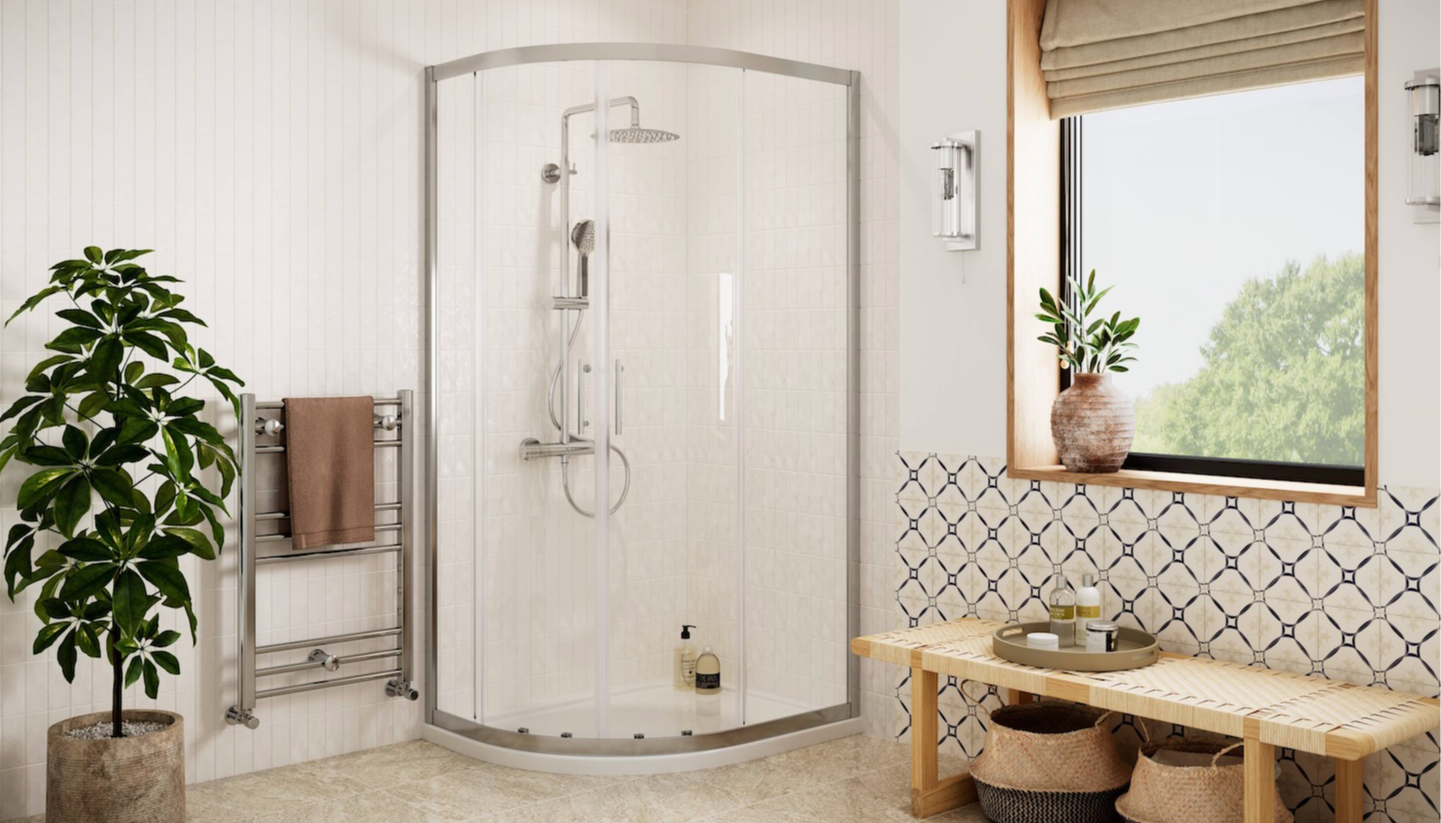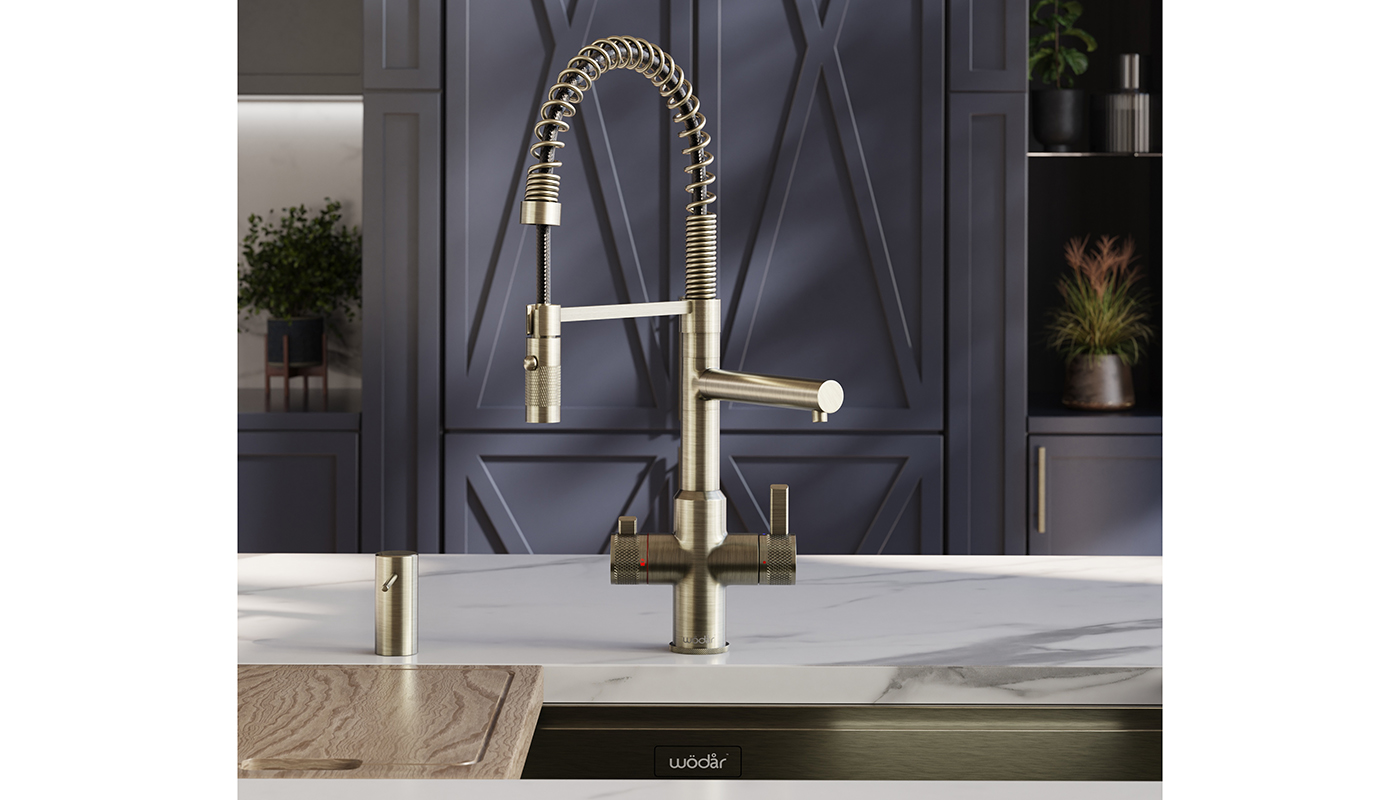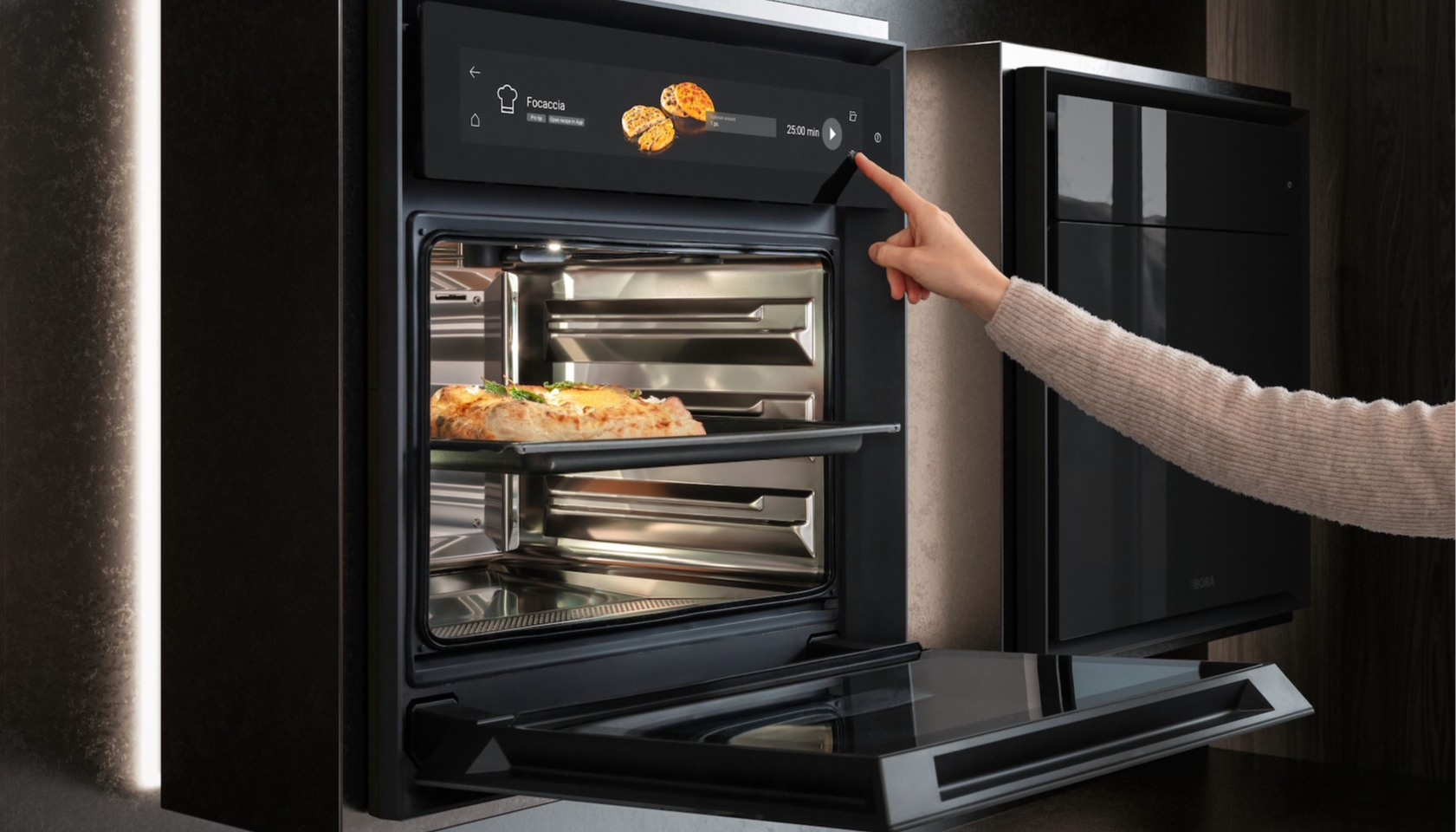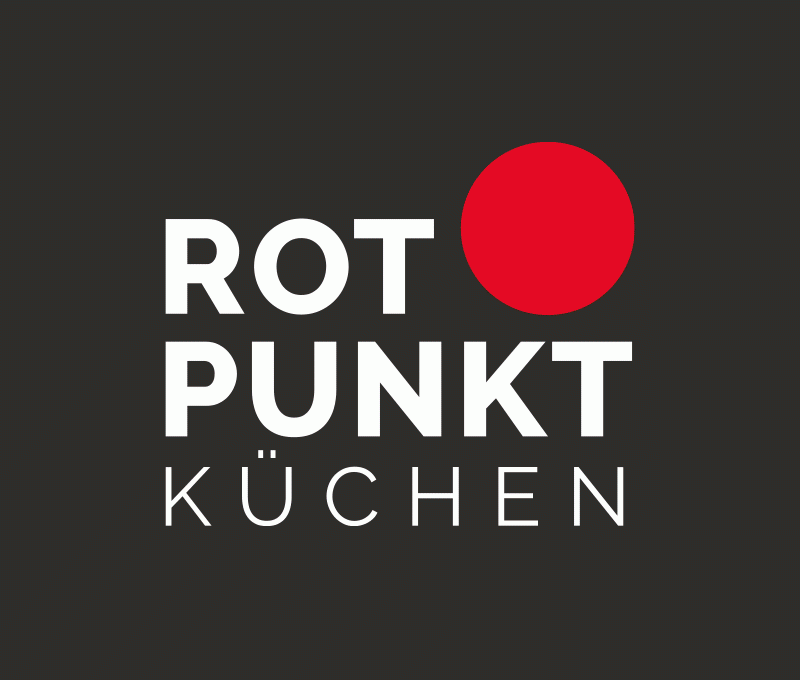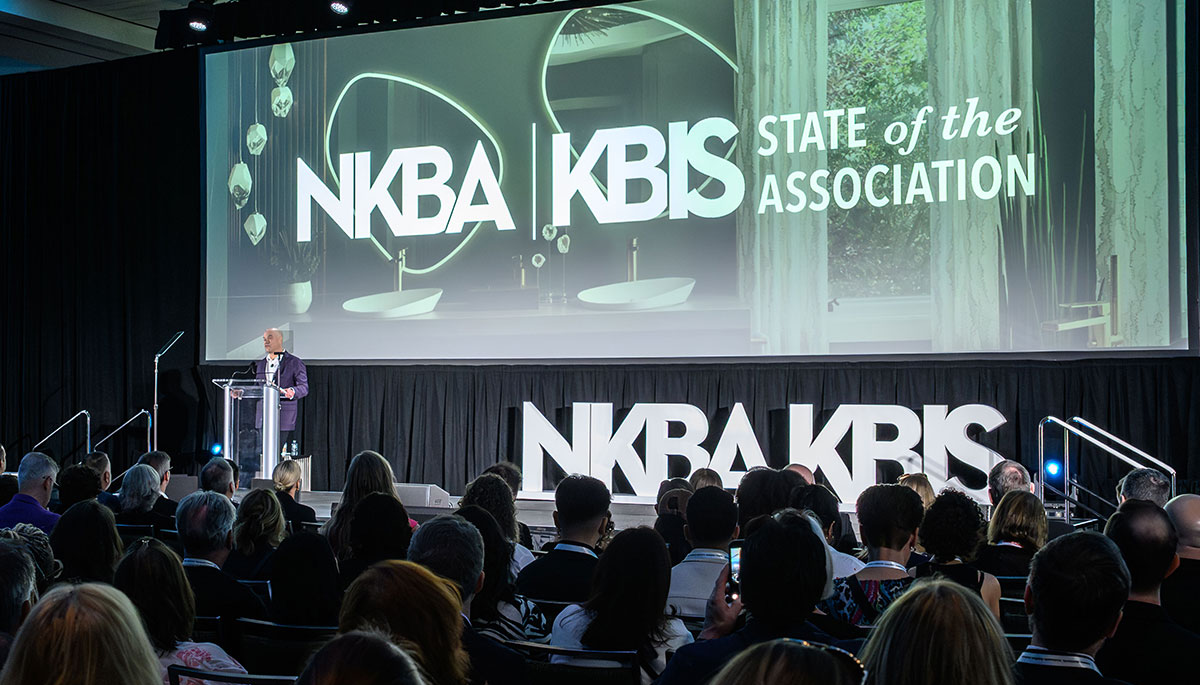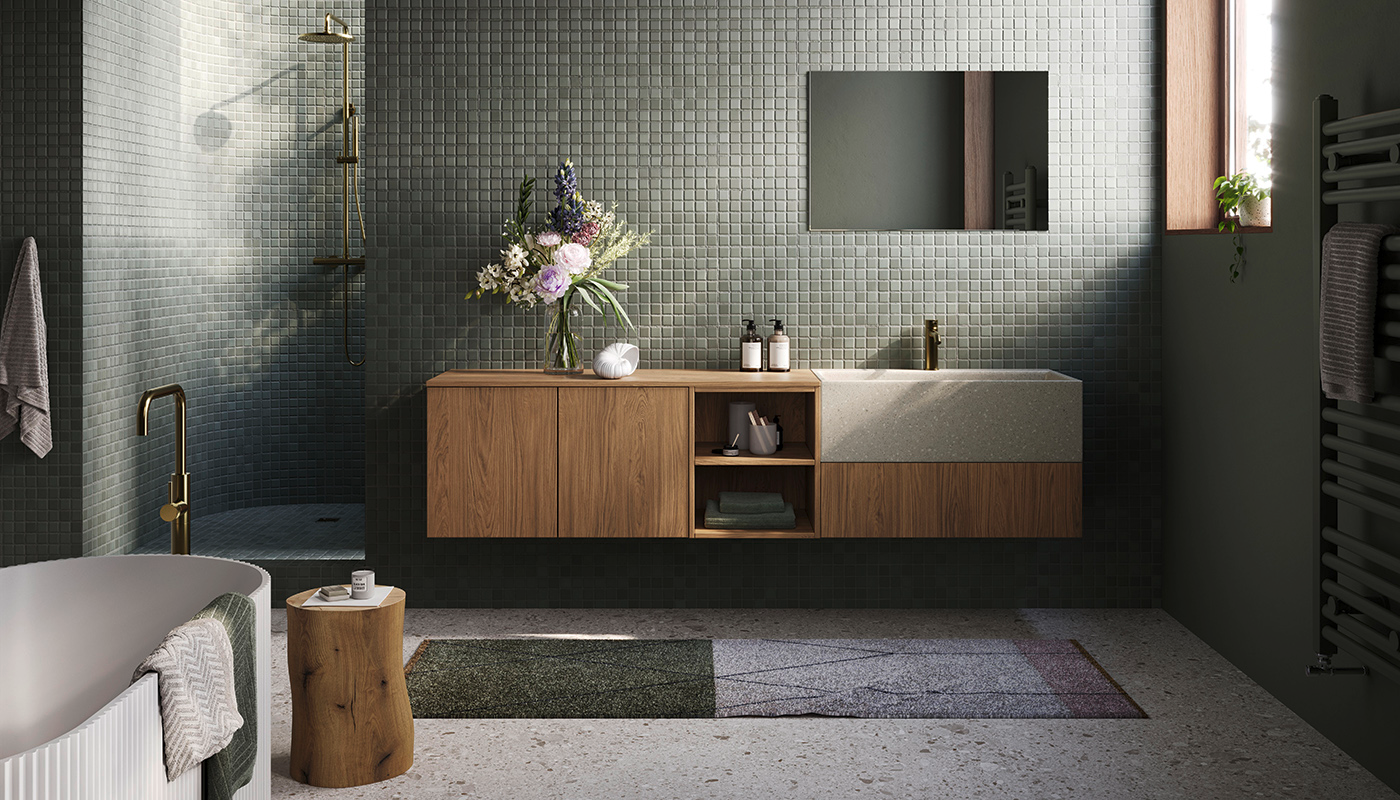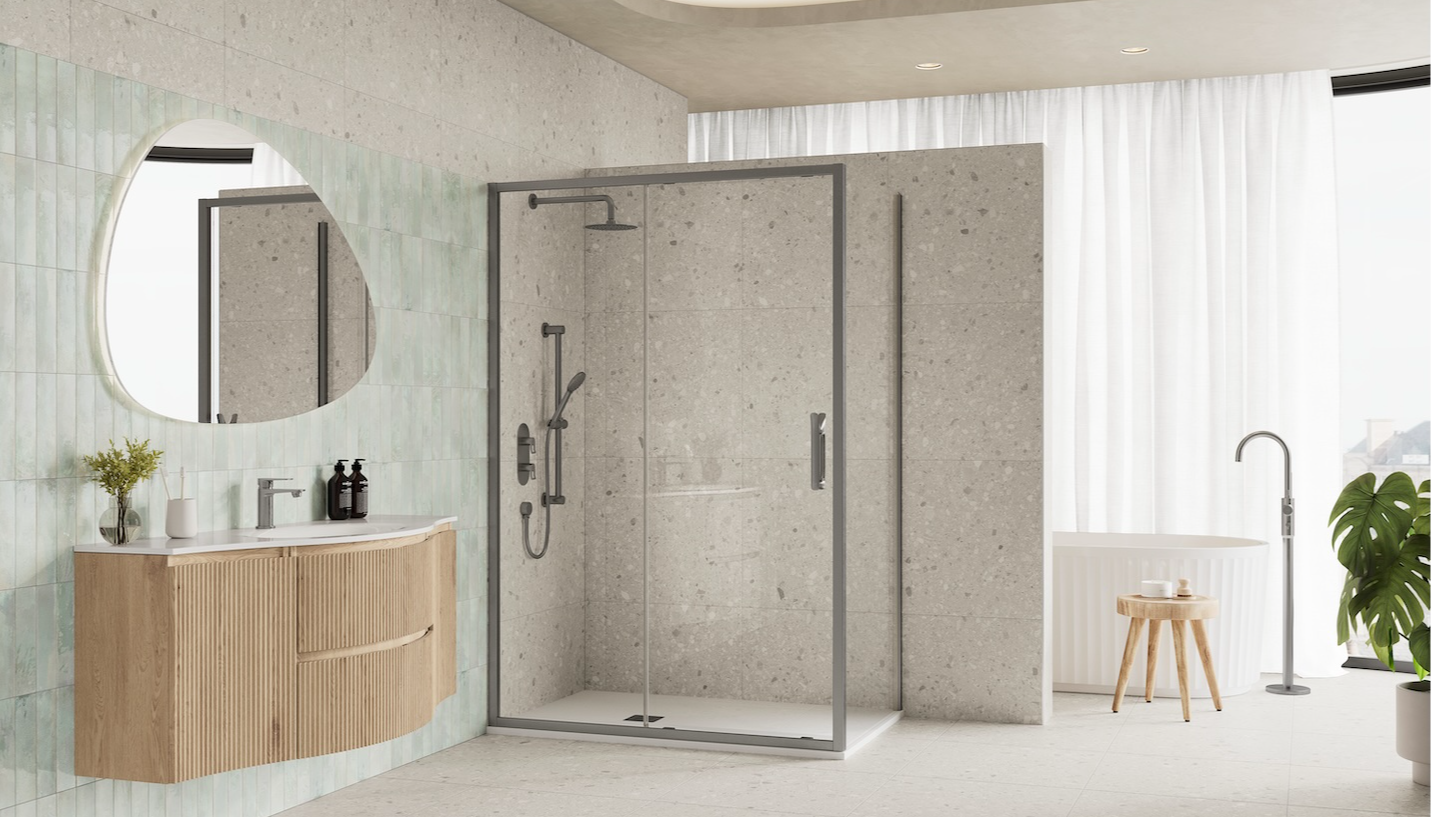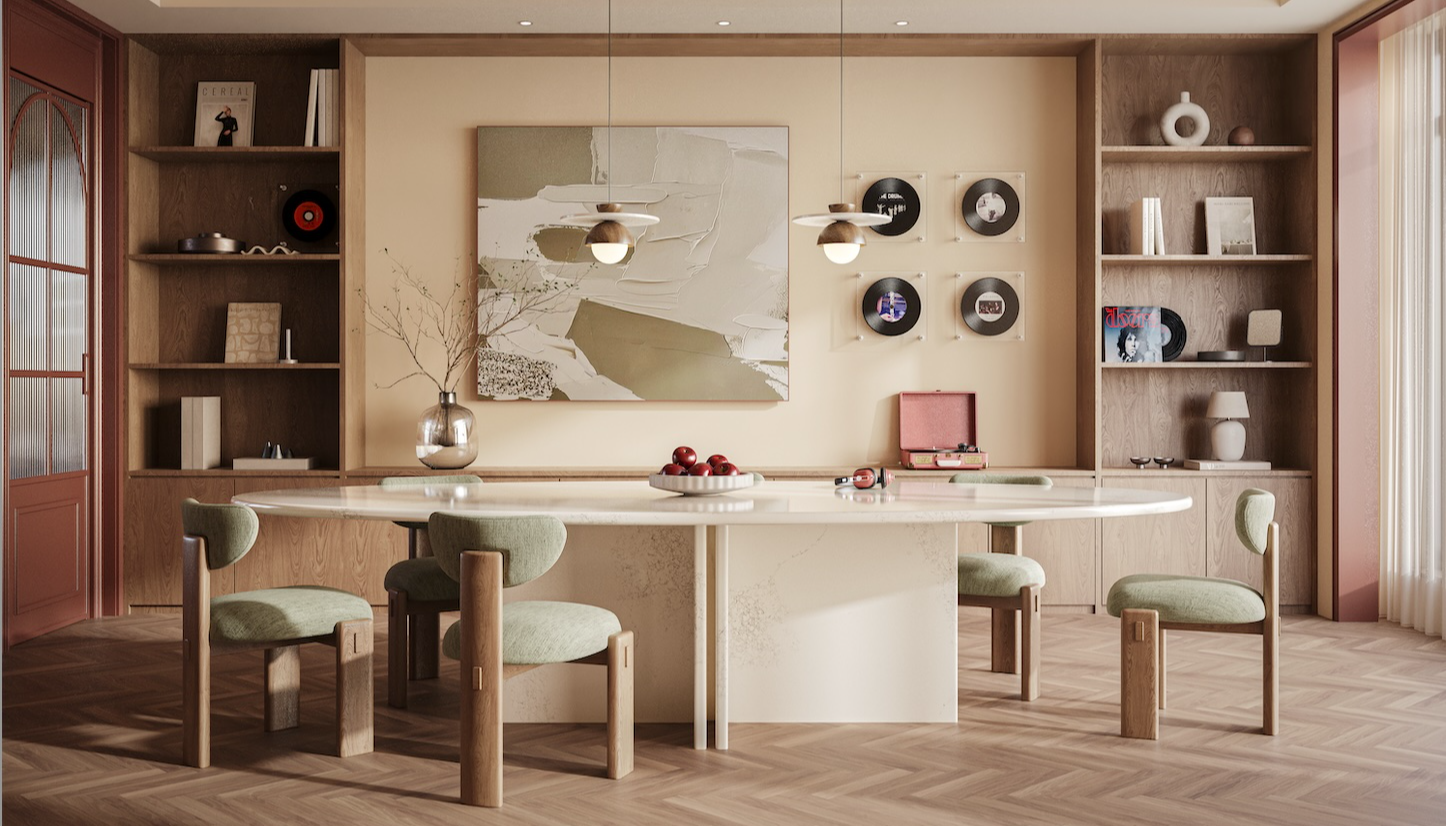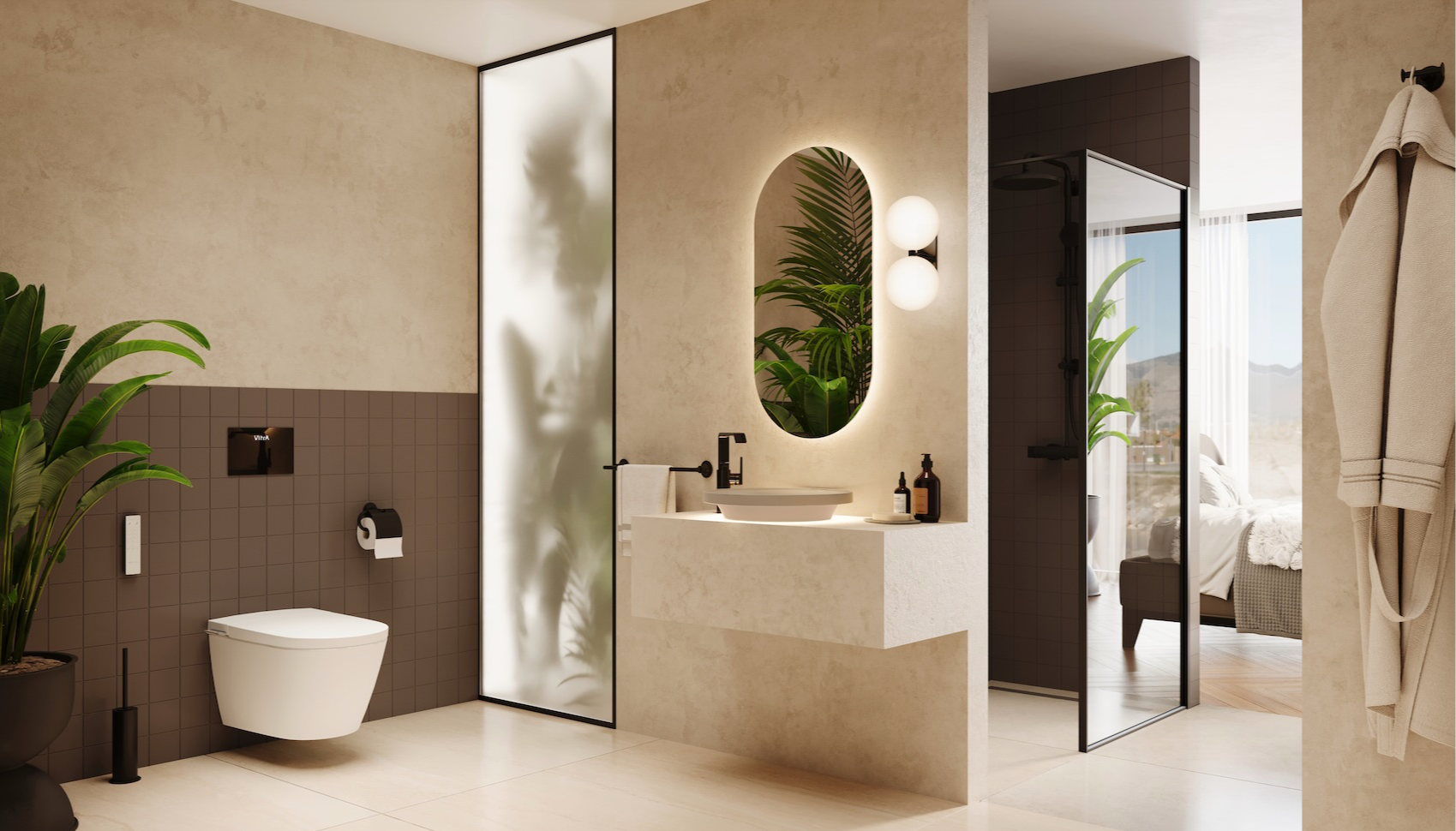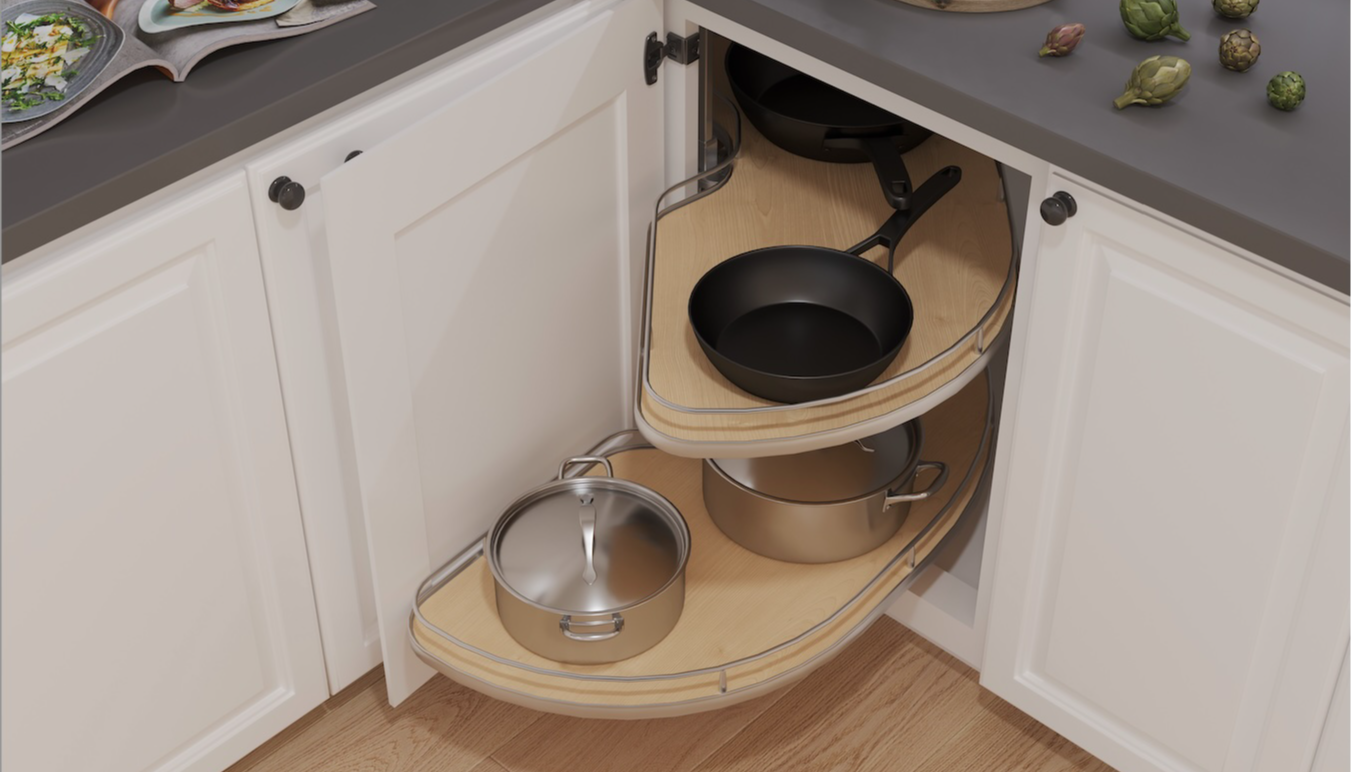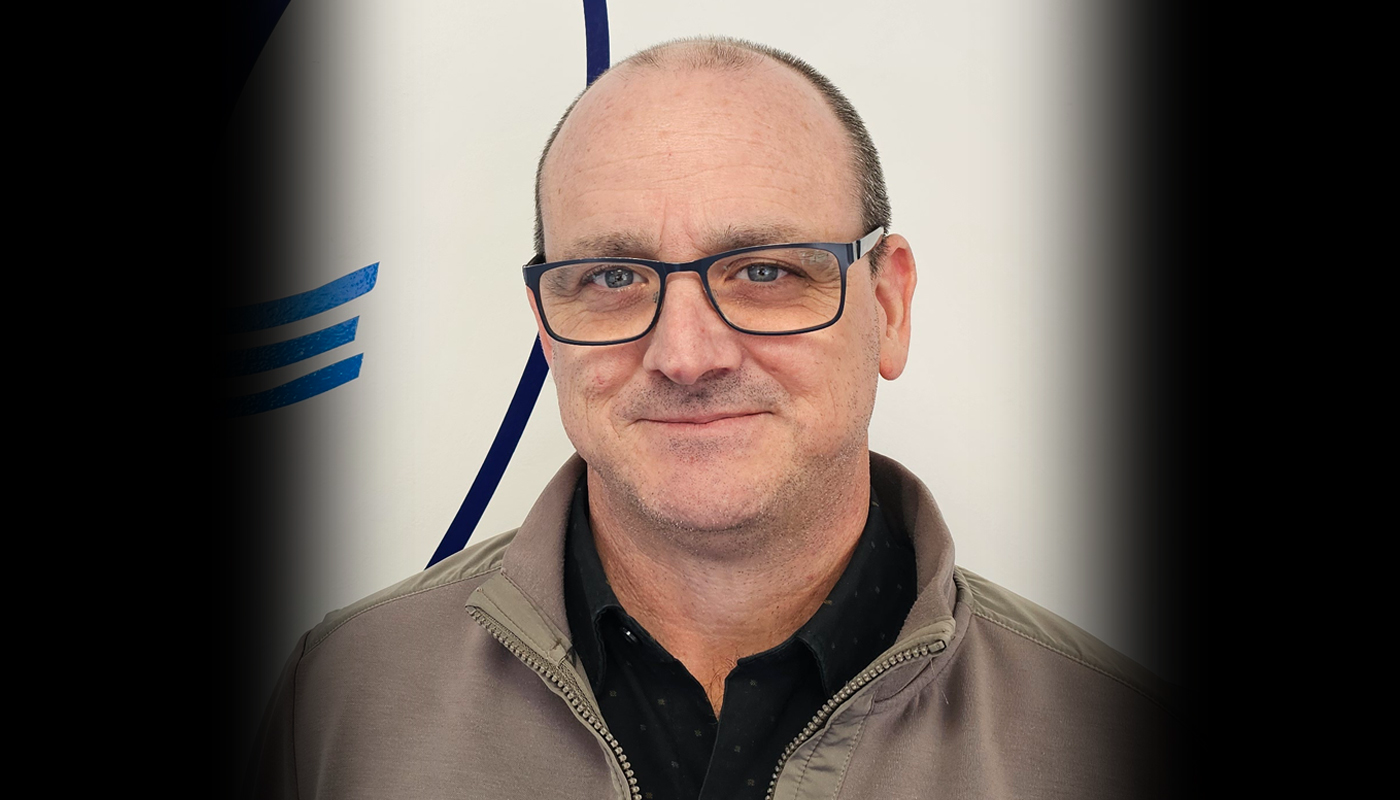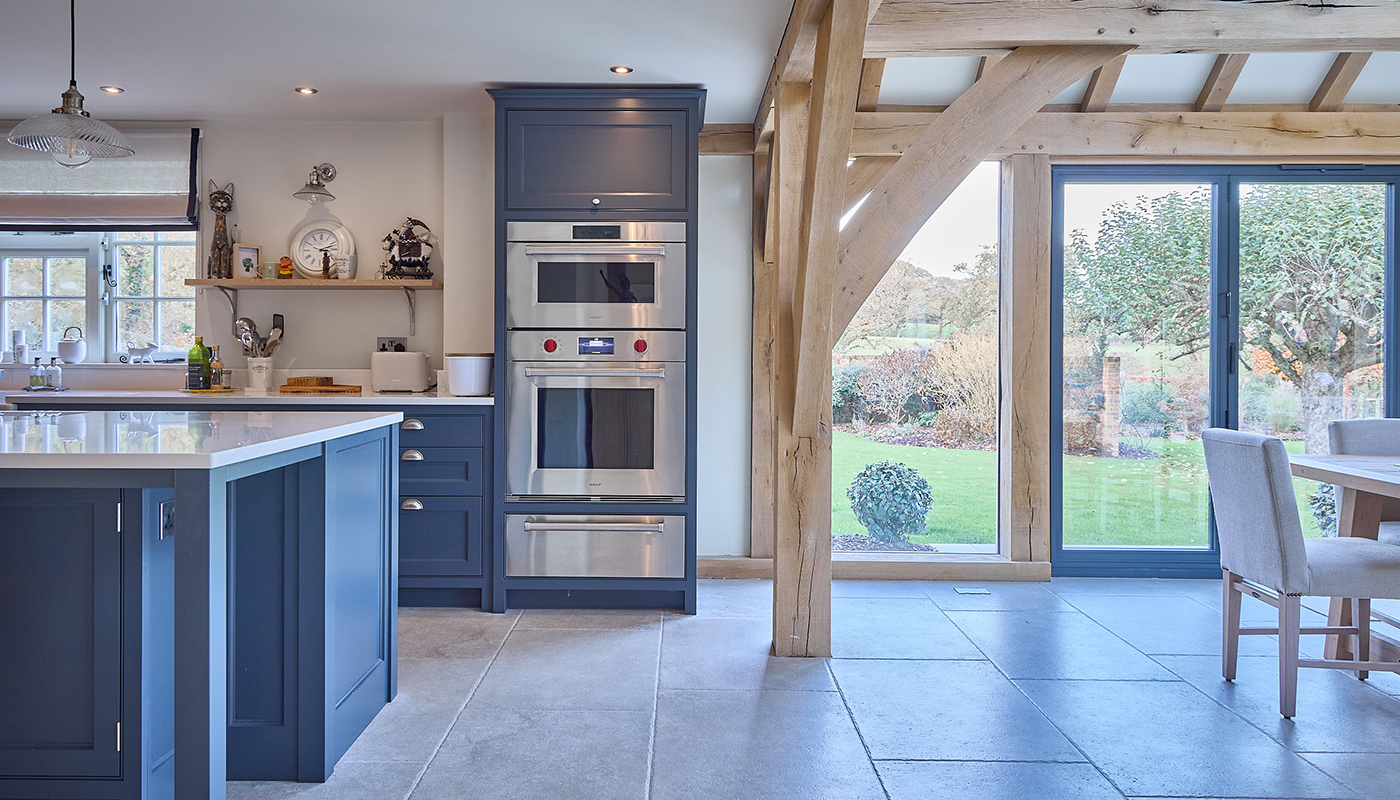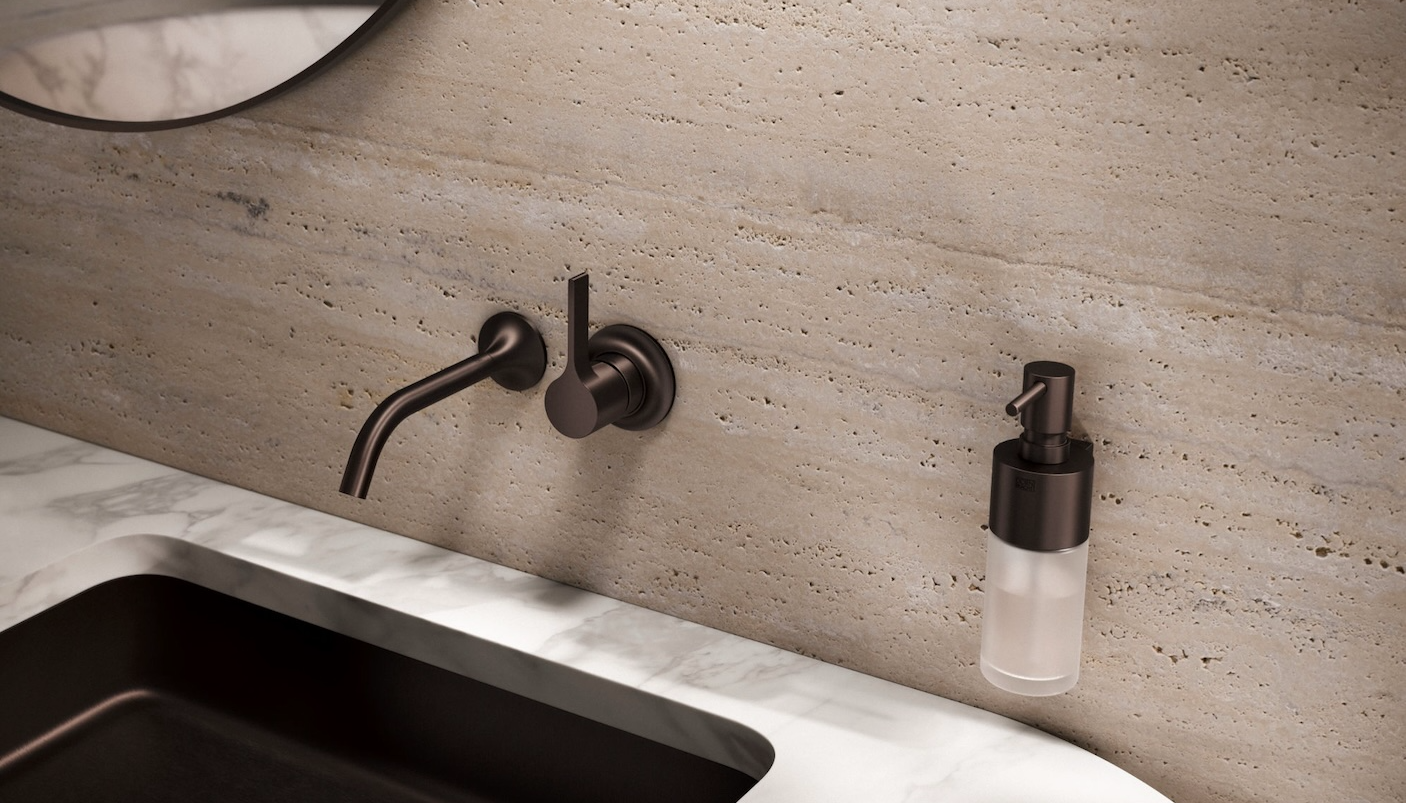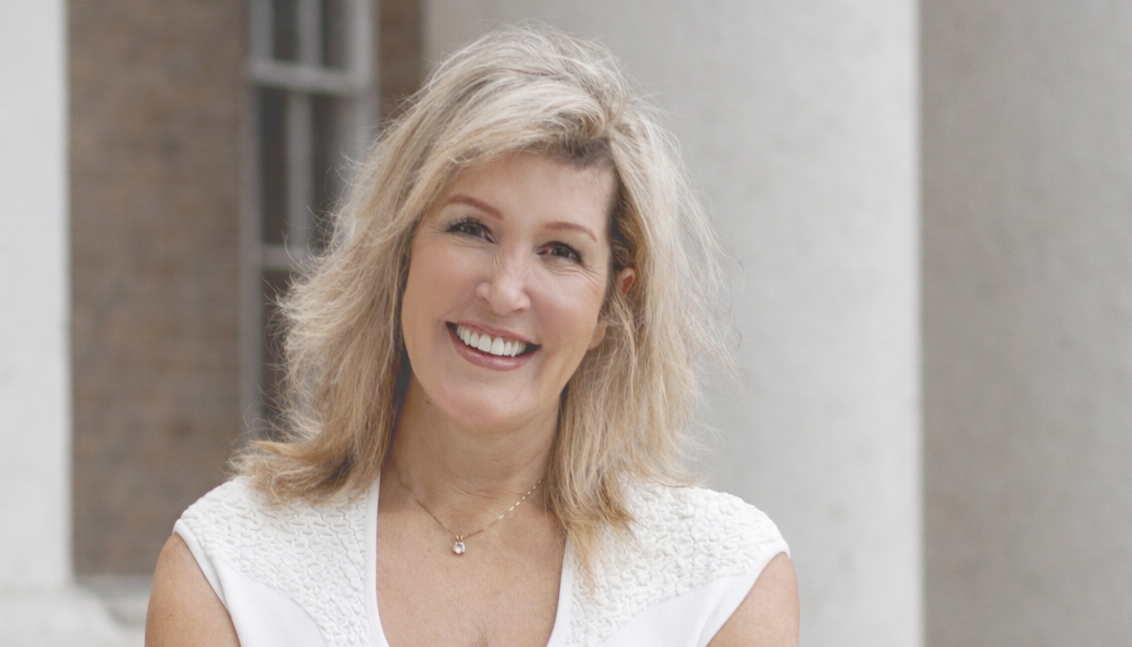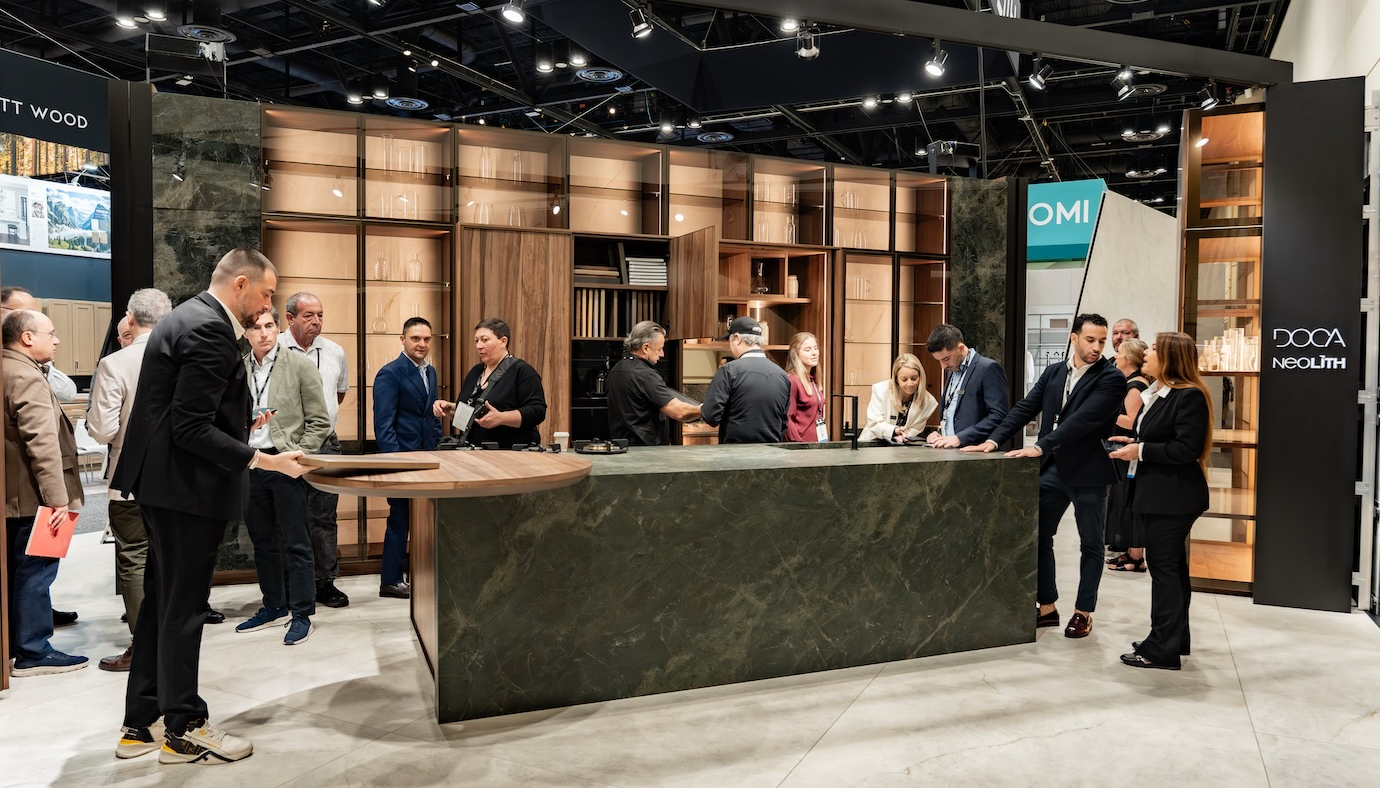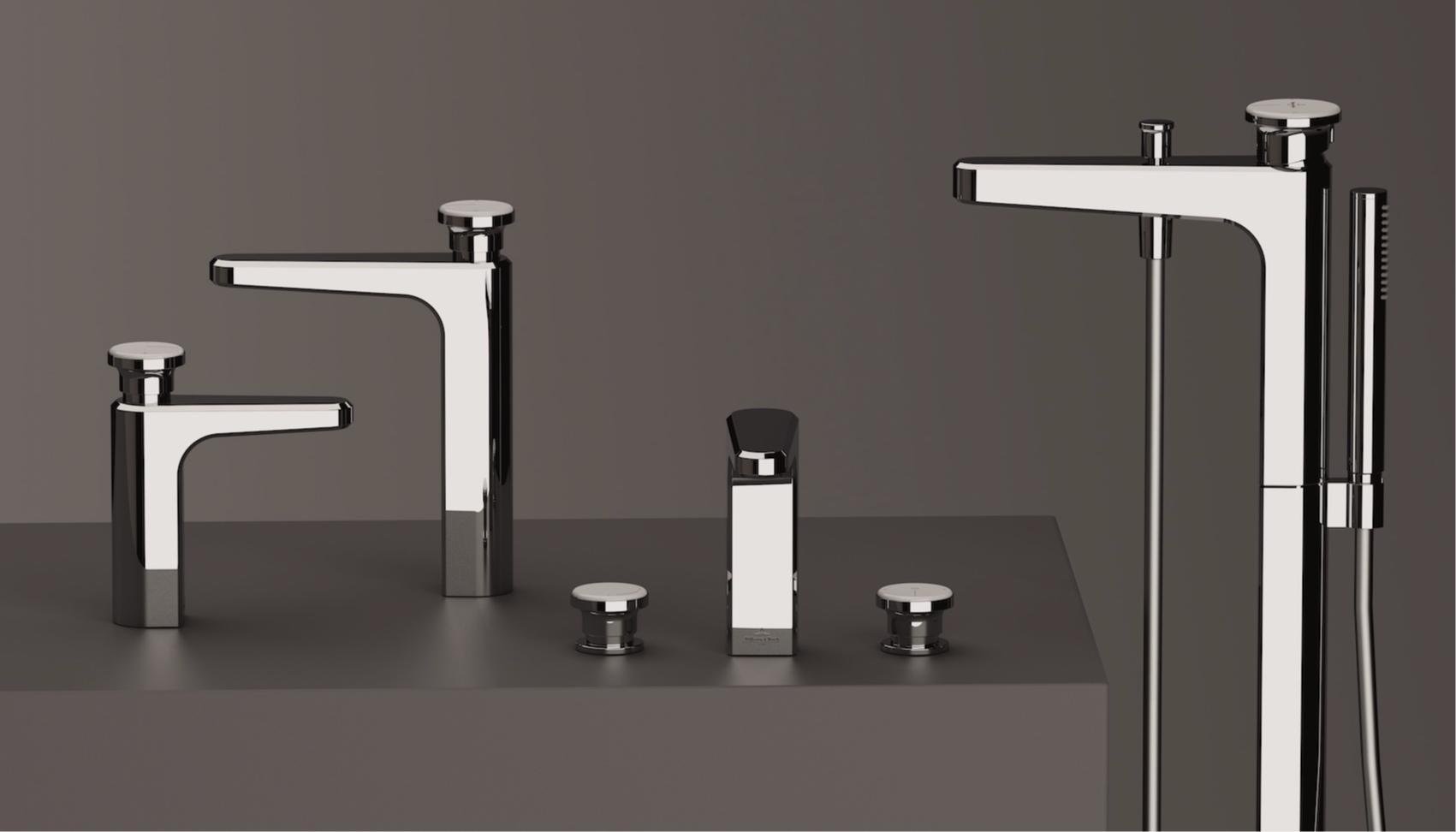Design focus – A round-up of the latest surfaces made using recycled content
Wed 11th Jun 2025 by Clare Howcutt-Kelly
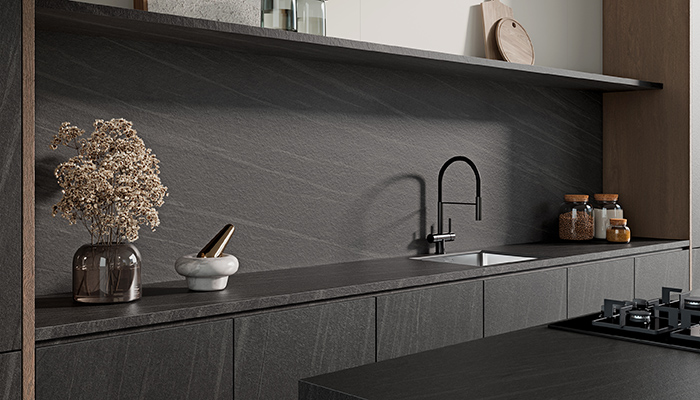
Design focus – A round-up of the latest surfaces made using recycled content
Materials expert Clare Howcutt-Kelly presents her pick of the best sustainable surfaces featuring recycled content on the market.
The sustainability credentials of any product are arguably more important than ever as consumers seek to make changes to their lifestyle for the greater good. No surprise then, that surfaces containing recycled elements are gaining popularity. Three years ago, I was in a café and when my drink was put down in front of me, I couldn't stop looking at the counter. With a marble-like quality, it was shot through with flecks of gold and silver – I’d never seen a surface quite so joyful. I was told the metallic details were actually foil yoghurt pot lids and the rest of it, yoghurt pots.
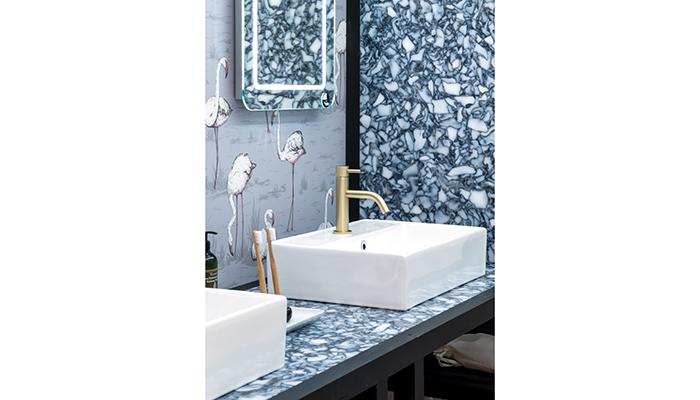
That was the first time my eyes were opened to the possibility of 100% recycled surfaces – the one I saw is called Alba and made by Smile Plastics in Swansea. Materials manufactured here are unashamedly recycled. There might even be a barcode or some text from an old shampoo bottle if you look closer. The former lives of these objects are celebrated rather than concealed and the company has transformed some incredible spaces showing just how versatile the product can be.
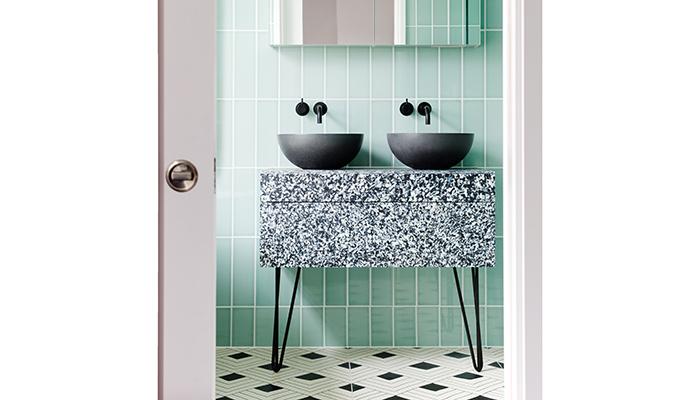
Sample boxes are less than £30 or you can build your own set choosing from across the comprehensive range – the Earth collection is inspired by natural materials for those looking for something more subtle.
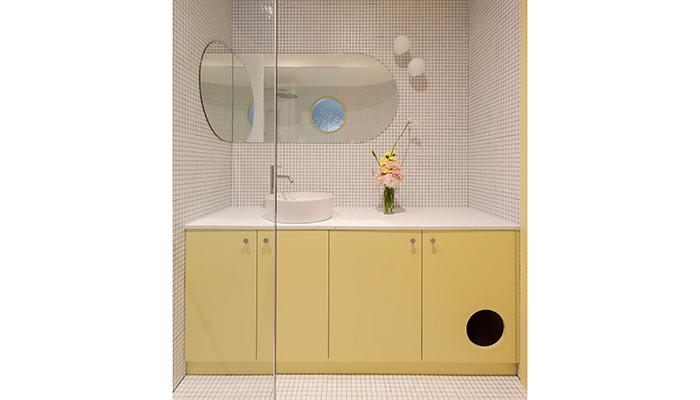
And when it comes to plastic, it seems that anything can be utilised. Founded in Amsterdam, The Good Plastic company arrived on the scene in 2018 and its hero product is Polygood. Key components for this material include single-use cutlery, CD cases and industrial plastic and there’s just shy of 50 shades to opt for, including several with elements of discarded refrigerators – thankfully though, no defrosted fish fingers remain.
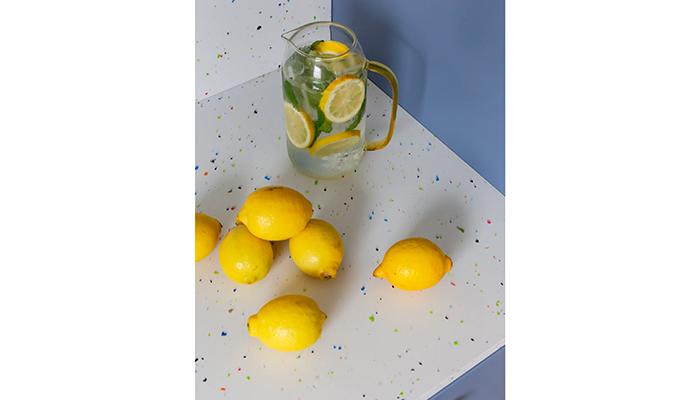
There’s certainly a lot of creativity in Europe’s capital cities with Paris being the birthplace of Le Pavé; a surface company that was conceived by 4 students from the National School of Architecture of Versailles. They were concerned by how poorly waste was managed globally and started to experiment by melting plastic in a homemade oven – it was, in many ways, the recipe for success.
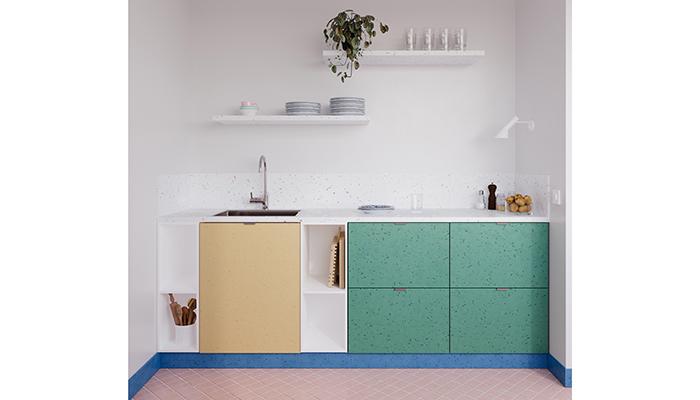
The company has a core collection in a monochromatic palette, which is available in panels. Its newest offering, Flex, has been designed to be a more pliable material suitable for a range of applications including curved furniture; and there are 9 colourways to choose from. As with all recycled surfaces, no 2 pieces will be the same – a point that might need to be raised with potential customers in order to manage expectations.
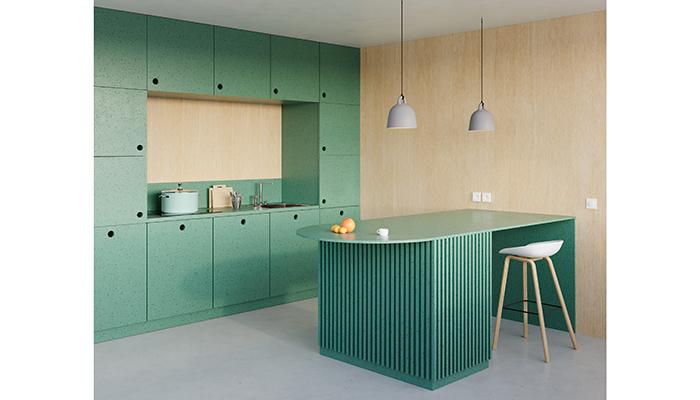
Durat, founded in Helsinki offers recycled content of up to 50%. With roots going back to 1990, the company was – and still is – at the forefront of reusing waste plastic. You can purchase sheets and also readymade products including sinks, basins, baths and furniture and with more than 300 colours available, it’s a truly comprehensive offer.
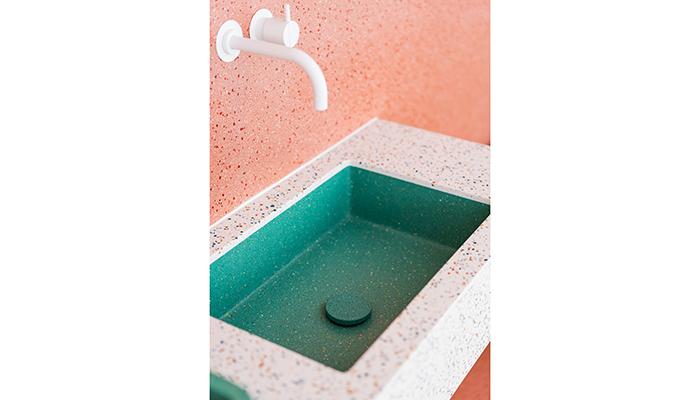
Of course, there are many mainstream manufacturers offering customers more environmentally friendly products, too, including Caesarstone who introduced Jet Black around 20 years ago. With a single colour base tone and visible speckled pattern, it incorporates a high proportion of recycled glass. New for this year is ICON, a ‘fusion’ surface containing up to 80% recycled materials including industrial glass – this is not only a more sustainable product but also replaces quartz. The ICON portfolio comprises 3 designs with more promised.
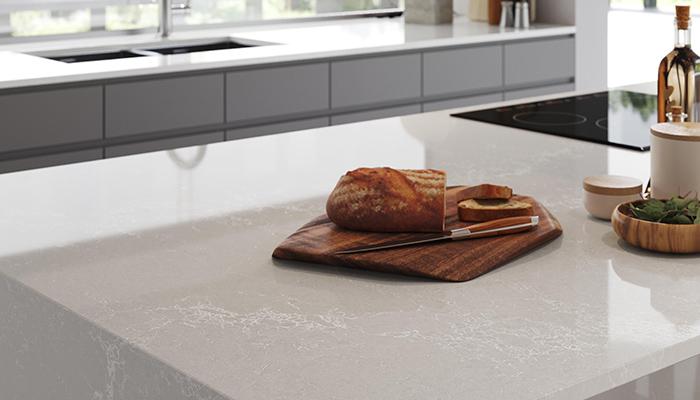
Spanish sintered stone manufacturer, Neolith, which entered the market in 2009, uses natural raw materials with up to 98% recycled content in its design Ignea for example. This surface has the 98R seal for recycled materials and the company’s commitment to minimising environmental impact has been recognised with an EcoVadis Gold Medal certification.
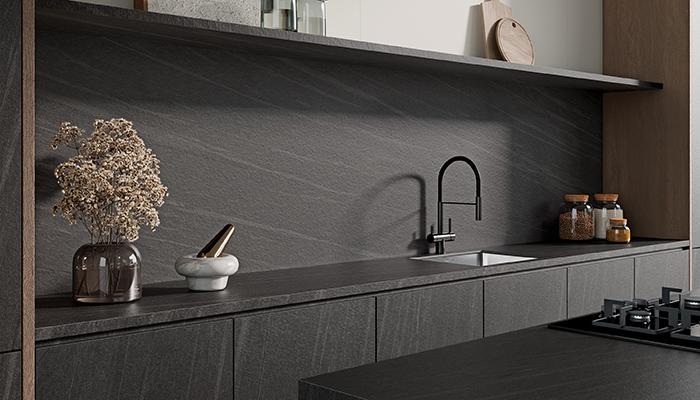
Laminam, which is known for manufacturing large-format porcelain slabs, is proud of its environmental credentials and has invested heavily in its production facilities with a particular focus on renewable energy. Its Fiorano Modenese and Borgotaro sites now generate a substantial portion of energy on-site. And on one site, 3 kilns are hybrid maximising solar power and minimising gas consumption. Recycled content of up to 60% can be found across the company’s 130-strong line-up.
Not everyone is going to commit to recycled surfaces and many might not even consider them to be an option, but next time you toss that yoghurt pot in the recycling bin, know that it might be destined for greater things.
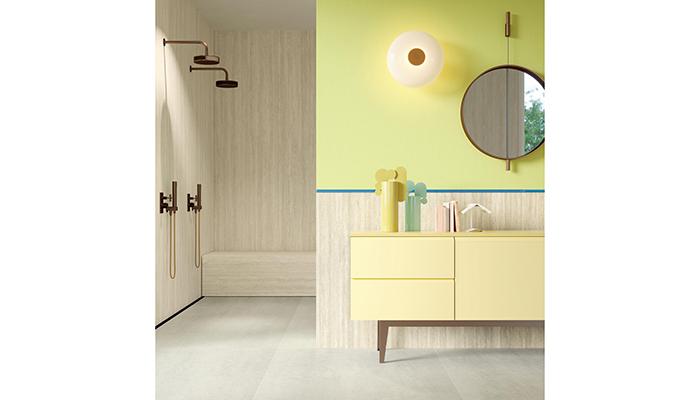
Clare Howcutt-Kelly is the communications officer for the Worktop Fabricators Federation (WFF).
Tags: insight, features, surfaces, worktops, recycled content, sustainability, kitchens, bathrooms




